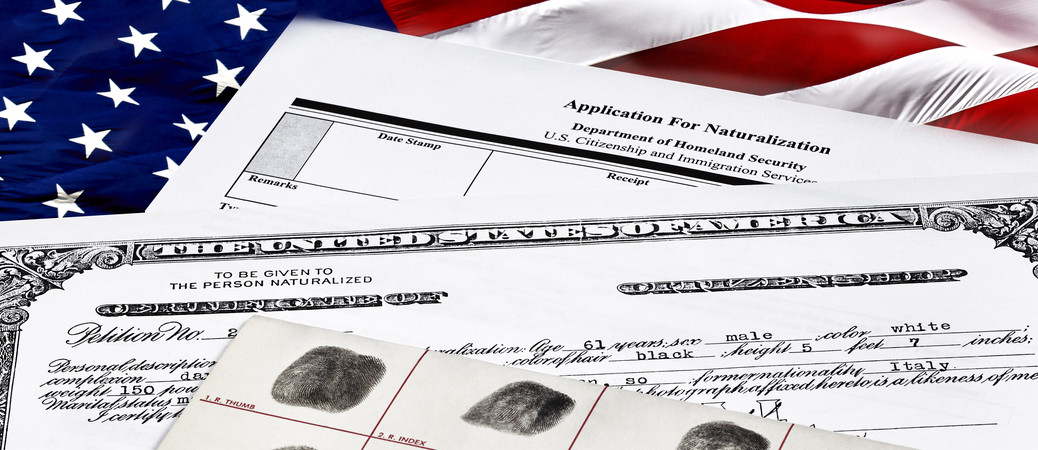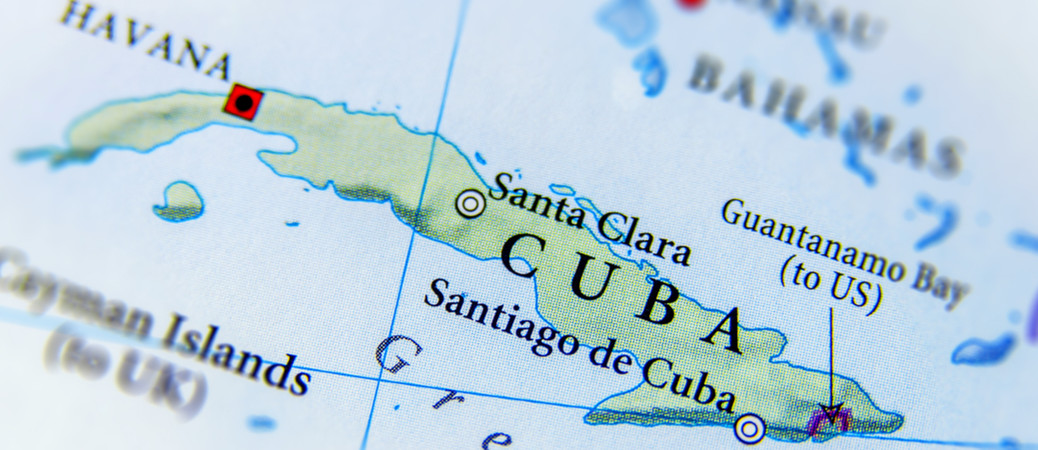…Where Should I File?
If you are an immigrant who is considering applying for naturalization, you may believe that you can choose where your citizenship examination will take place. After all, as immigration is a federal matter, it would make sense that you would be able to handle issues related to it anywhere in the country.
In reality, this is not the case. The Form N-400, which is used to apply for naturalization, must be filed in the state or Service District that has jurisdiction over the applicant’s place of residence. In addition, the person applying must have lived in that state for at least three months before filing. In this context, the word “state” also includes the District of Columbia, the U.S. Virgin Islands, Puerto Rico, Guam, and the Commonwealth of the North Marinara Islands.
What About Students?
As a student, you may spend a few months at a time at school and then return home to a different state as soon as a term ends. In these cases, a student seeking naturalization can either file in their home jurisdiction if they can show that they are financially dependent on their parents when they file and during the naturalization process. If they cannot, they can file where their school is located.
What if I Need to Move after I File?
Sometimes, you may need to move for work or personal reasons after filing your N-400. Fortunately, United States Citizenship and Immigration Services (USCIS) has a procedure to deal with this scenario – applicants are required to notify USCIS of any relocation so that his or her application can be transferred to the appropriate office which has jurisdiction over the applicant’s new place of resident.
Do I Need a Lawyer?
There is no rule requiring people seeking naturalization to retain an attorney. It is, however, highly advisable to do so as the assistance of a lawyer can make the process go much more smoothly and can help avoid any potential problems before they arise.
Call 201-703-9400 today for more information.
If you have questions about where to file your N-400 application or anything else related to immigration law, you should call New Jersey immigration attorney Ronald Mondello as soon as possible. Mr. Mondello is qualified to handle any issue related to immigration or its intersection with criminal law, including criminal grounds for immigration, crimes of moral turpitude, sexual offenses, domestic violence, and DWI. To schedule a consultation with Mr. Mondello, call our office today at 201-703-9400 or contact us online.




